Director of Student Wellbeing
Ms Farron Boxall

Director of Student Wellbeing
Ms Farron Boxall
This week is Men’s Health Week. It’s a time to pause and reflect on the health challenges facing the men in our lives and take steps toward preventing these. The theme for 2023 is Healthy Habits. It reinforces how small changes to our lifestyles can make a big difference to our physical and mental wellbeing. Male life expectancy is, on average, four years shorter and they are more likely to suffer from lifestyle-related health conditions than women of the same age. Sadly, men also have a four times higher risk of dying by suicide. It is important we encourage help seeking behaviour and healthy habits in our young men. This is a priority of our Student Wellbeing Program which will next week focus on raising awareness of mental health challenges that face young men coinciding with SPEAK UP! Stay ChatTY Shorts Day.
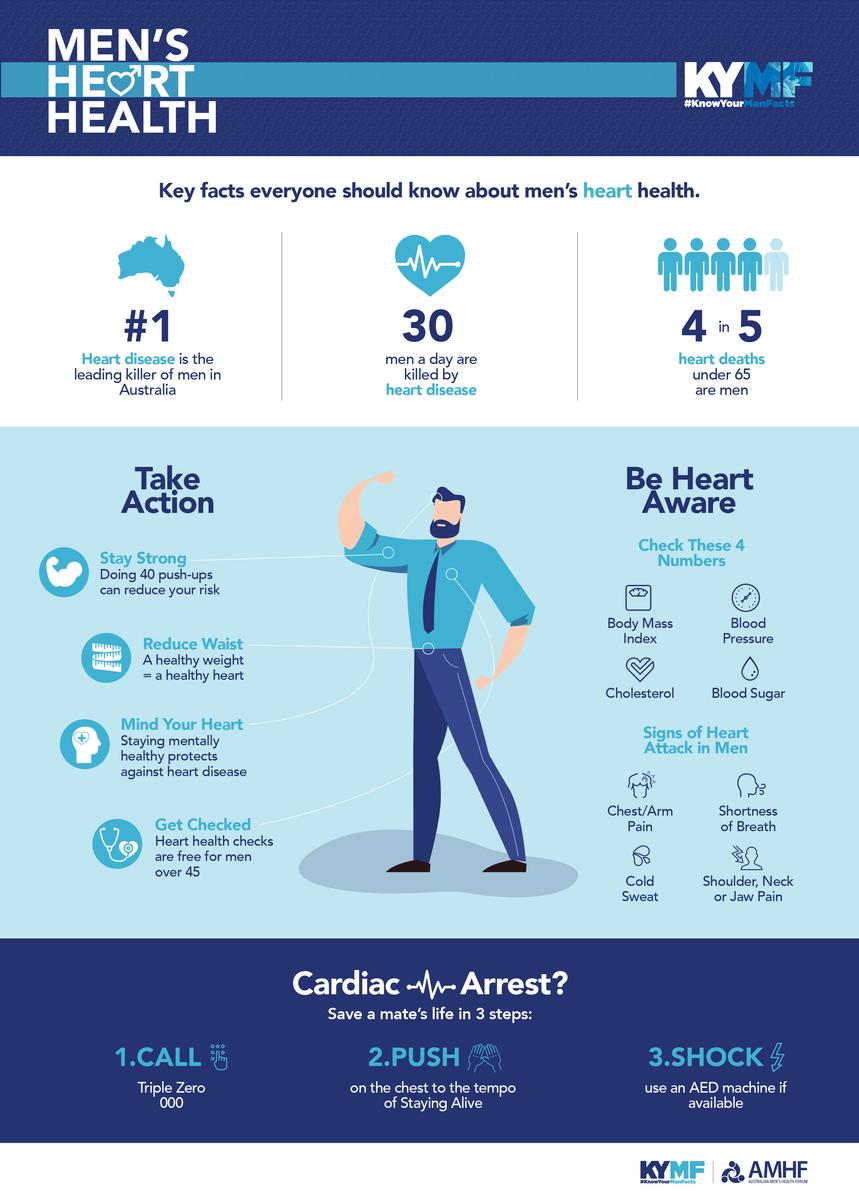
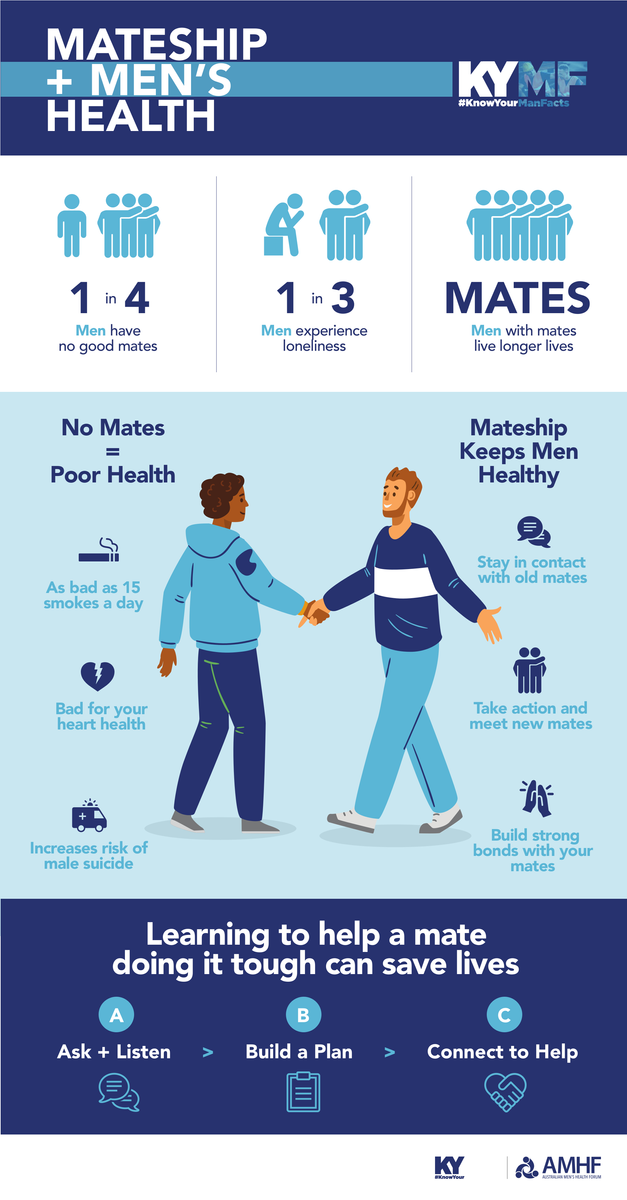
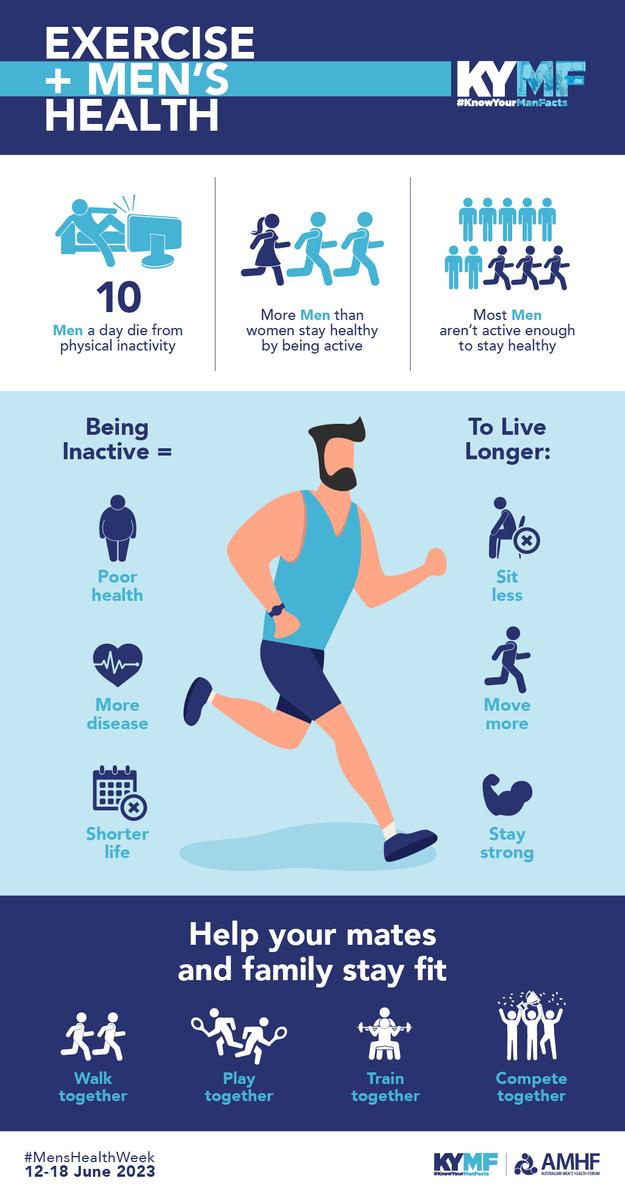
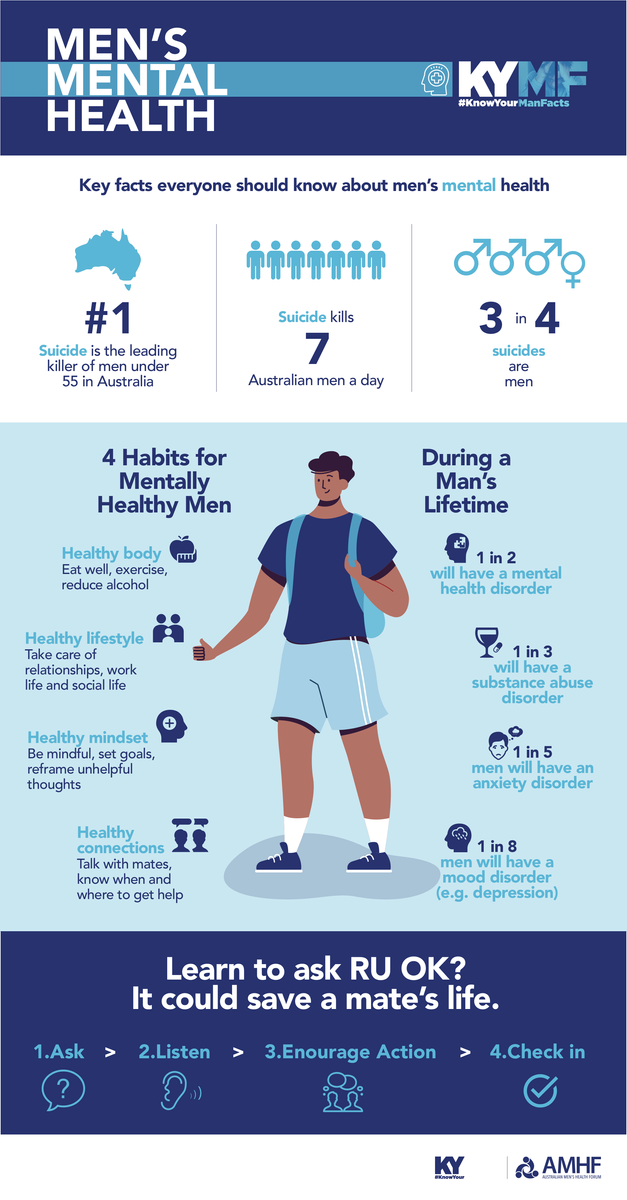
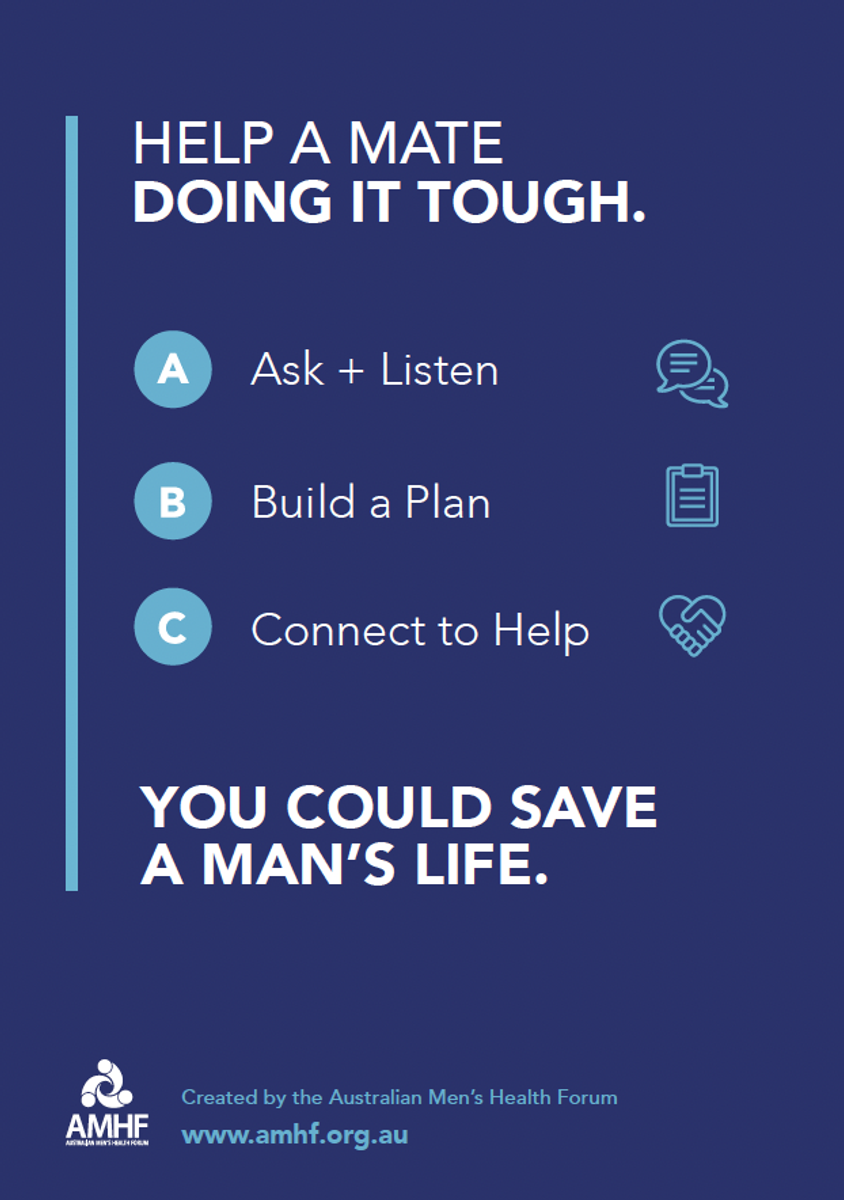





By Charles Lennon, College Vice Captain
As the weather gets cooler and the days get shorter, we are reminded that it can be uncomfortable to be a little cold – as it can be to talk about mental health. However, with the annual charity event, Shorts Day, organised by SPEAK UP! Stay ChatTY we are reminded that as a collective we can brave both the cold and the conversation. Shorts Day is dedicated to promoting positive mental health and preventing suicide. It aims to reduce the stigma surrounding mental health issues and encourage individuals to seek help when needed. By getting involved and supporting this cause, you can make a positive impact on mental health awareness and suicide prevention. With 45% of Australians being affected by mental illness you never know who you might help by having a conversation.
Objectives of Shorts Day
What's on?


Mid-Year Examinations are well underway for our Year 10 students and commence next week for our Year 11s. There are many people who feel nervous about sitting examinations. It is a common response and some nervousness is good when preparing for exams as it is a normal reaction pushing you out of your comfort zone. Some nervousness is good when it’s short term (a few days or weeks, but subsides after exams), if you are motivated/distracted by other things, feel fatigued (but only until exams are completed), feel butterflies or shaky right before an exam. However, it’s too much when the shakiness and nervousness doesn't go away, students are unable to sleep properly, feel nauseous, overwhelmed, panicked or constantly worried. If you have any cause for concern please don’t hesitate to contact your son’s Pastoral Care Teacher, our Student Support Team of College Psychologists and Counsellor is on site to assist.
One thing that will contribute to students feeling overwhelmed is if they are unprepared. All students received an after-school-hours planner to schedule their exam study and revision, including tips on how to stay focused and healthy physically and mentally. As students are traveling home after each exam it’s important they optimise this time to prepare for the following exams. Setting themselves up with a dedicated study space that is quiet and free from distraction is important. A good tip is to put mobile phones and other electronic devices in a separate room, turn them off or, turn off notifications to prevent losing focus and becoming distracted. It’s also important to schedule study breaks, eat well, stay hydrated, do some form of movement or exercise and try to get 8 hours of sleep.
Please see resources below to support students with exam stress at home.
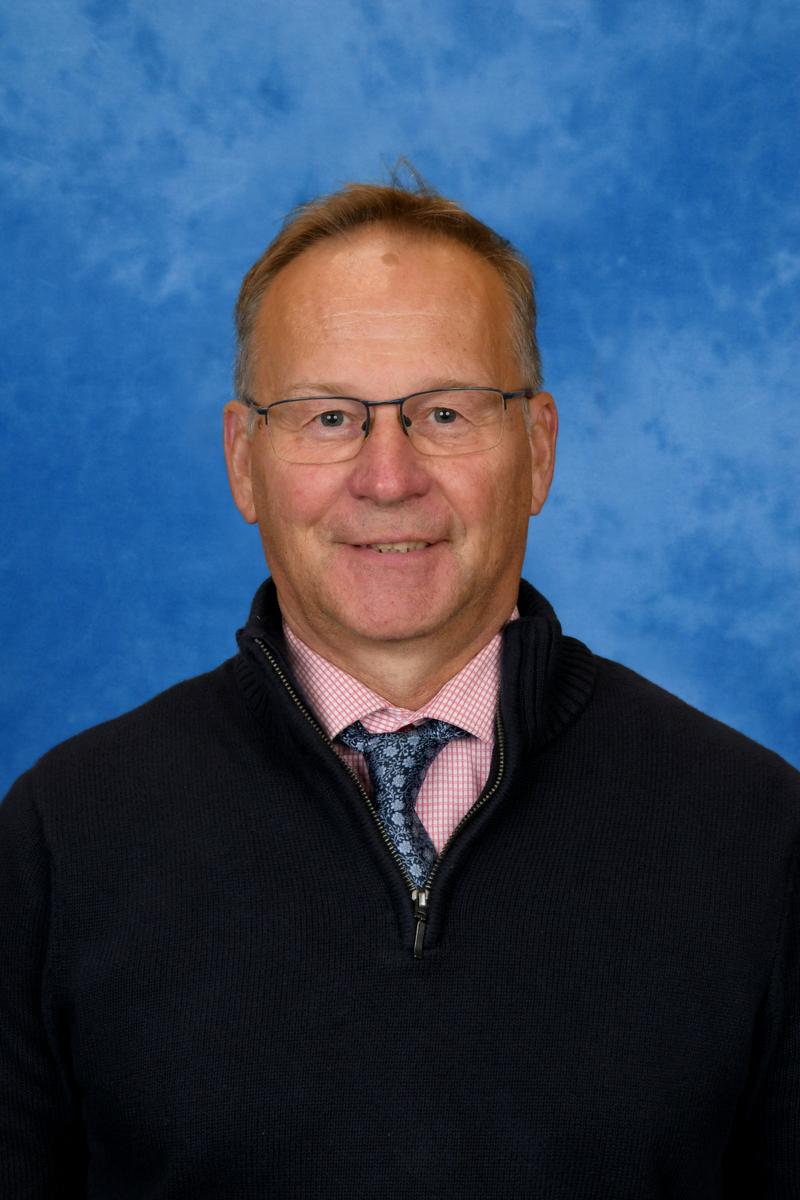

Greg joined the staff at St Virgil's College in 2022, throwing himself into supporting our new Year 7 students during their transition to Senior School. Greg has helped many students to ‘iron out’ the bumps in the road that pop up as they become familiar with a new school setting including those tricky lock combinations.
Tell us a little bit about yourself and your background. What were you doing before SVC?
My family and I returned to Tasmania at the end of 2021. Prior to this I was at St Anthony’s Catholic College Townsville for 10 years and Our Lady of the Sacred Heart College in Alice Springs for three years. My career as an educator began with Sacred Heart College, New Town. I was with SHC for 12 years.
Why are you so passionate about your work?
Being an educator is, all at once, satisfying and challenging. Few other vocations enable professionals to contribute to the formation of young people on so many levels. In relationship with families and parents educators play a significant role in supporting young people as they transition from childhood through adolescence on to adulthood and ultimately into the community.
What do you most enjoy about your role?
It allows us to participate in the developmental journey with young people as they master foundational concepts and grow physically, cognitively and spiritually. Forming a positive connection with young people during this journey is enjoyable and rewarding.
What does ‘wellbeing’ mean to you?
For me, wellbeing refers to the fundamental state of physical, social and emotional stability. In my role as part of the Wellbeing team I aim to maintain and restore wellbeing within individuals and between groups for the greater good or our community.
What are some of the ways we can support our students’ wellbeing at the College?
We can support our students’ wellbeing through open and honest communication of expectations through the way we conduct ourselves. We monitor students in our care and look for signs that indicate changes in wellbeing be it academic, social or emotions conditions that cause concern. Ultimately we can support our students by reassuring them that they are in a kind and supportive community that has a genuine interest in their success.
What are some of the challenges facing young people today?
Young people face the challenge of living in a world that they can access and be accessed by 24/7. Empowering them to find their own space and time away from the influences of social media and the internet more generally is a significant challenge.
If you could turn back time, what advice would you give to your younger self?
I would advise my younger self to be comfortable with the person I am, to be honest with and trust the judgment of the people who love me and invest in the health of my future self by making informed decisions.
What’s something that students may not know about you?
Students may not know that like many of them I was challenged by the rigor of academic application required for success at high school. My moment of readiness came after leaving school when, as a young man, I was able to see my pathway more clearly and invest in my future. High on my bucket list is an aim to see boys value education and learning as a lifelong process that offers opportunities for self-improvement at any age.